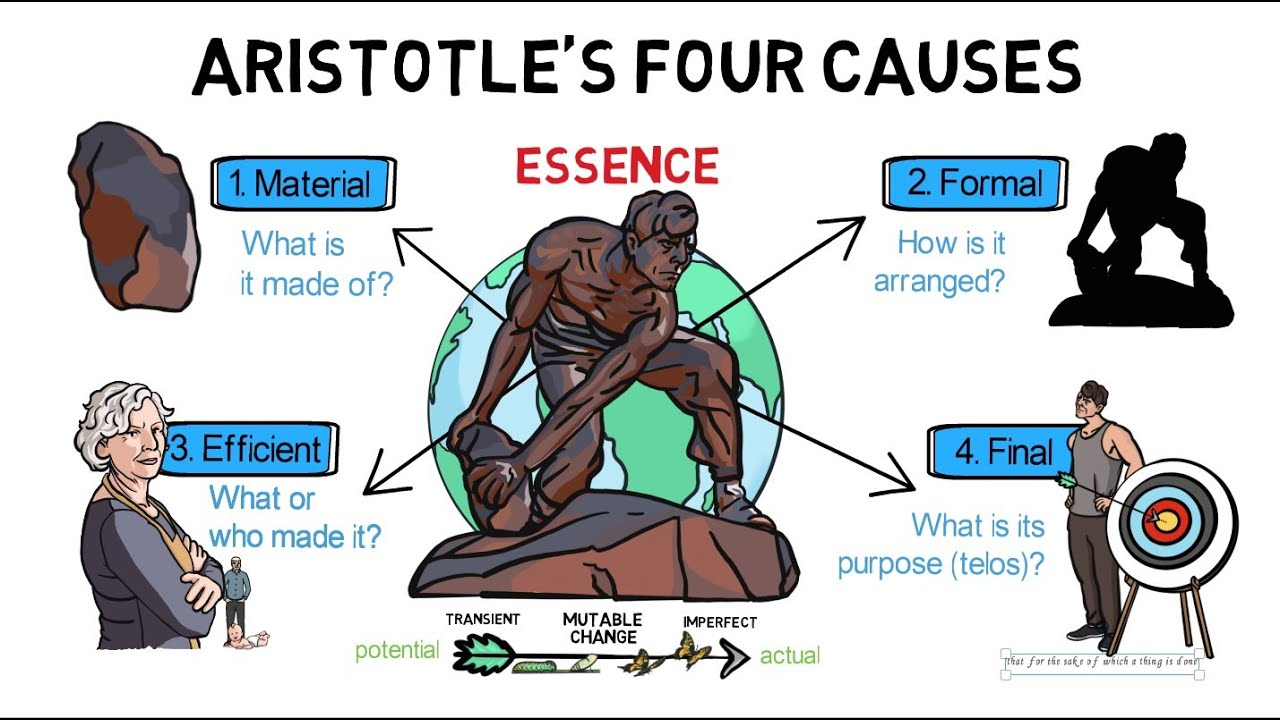The Flying Spaghetti Monster, Aristotle, and Fernando Amorsolo
# Information
- Source: Henri Nouwen; Atlas/Maps/DLQ 10 MOC
- Tags: #religion #spirituality
- Notes:
# Notes
What does God have to do with discernment? If we don’t answer this question, we will end up staying with the many misconceptions we have about God, many of which we’ve had since we were kids.
The Flying Spaghetti Monster and Why the Atheists are Right (Is God a being?)
- Misconception: God is a divine being.
- Satirical religion: Pastifarians
- Started to protest the teaching of intelligent design
- Point here: there are a lot of misconceptions from both religious and non-religious people about God. What these all have in common? God as a mythical creature
- Is God somewhere floating in space?
- What exactly do we mean by God?
- Reality: God is not a being.
- Being: (Latin: ens) An existing thing in the universe.
- Thing = something observable
- Being: (Latin: ens) An existing thing in the universe.
- Why do Greek gods have elements associated with them? Because these are elements that occur in the world, and are unstable, just like the gods in the stories.
- The Greek gods are the Ancient Greeks’ way of explaining the fickleness and at the same time the power of the elements that surround them.
- A.K.A. trying to explain life Cards/Order and Chaos
- Common Misconceptions About God
- Big Brother
- Lawgiver
- Puppet Master
- Dr. Stephen Bullivant: The “Most True God” transcends natural attributes and does not require appeasement.
- Does God exist?
- Atheists are right in saying that God does not exist because there is no evidence of God. But quite often, they refer to God as just one more being (existing thing) in the universe.
- God exists, but not as one being among many beings. He exists in a different way. So how can we explain his existence?
Aristotle and Amorsolo (Misunderstanding God Less)
- How do you understand something?
- You understand something when you get it.
- “Gets!”
- **To understand means that you are able to grasp something within the confines of ==what you know==
- To grasp something means that you have some form of control over it. By knowing it, you control it. You control the truth by being able to articulate it.
- The point here is not to understand God…but it’s to miusunderstand God less.
- Two main points
- God enables existence to take place. (God is the condition of possibility that enables all other beings to exist)
- God is both beyond and within our experience.
- Aristotle: “You can come to grasp anything in the world according to four causes.”
- Material cause: “that out of which” it is made.
- Efficient Cause: the source of the objects principle of change or stability.
- Formal Cause: the essence of the object.
- Final Cause: the end/goal of the object, or what the object is good for. (telos)

- Focus on 3rd cause: who made the statue?
- Every thing has an efficient cause (a.k.a. where that thing came from). But all things must have emerged from a ==first cause== that itself has no cause (an uncaused first cause).
- God is not an object in the world, not even the greatest or highest instance of existing things. God is the ==condition of possibility== that enables things to exist.
- St. Thomas Aquinas: God is ippum esse subsistens (the very act of be-ing itself)
- St. Augustine of Hippo: God is…
- Transcendent (beyond our experience)
- Immanent (within our experience)
- Fernando Amorsolo
- Despite never having met Amorsolo IRL, we can get a sense of his essence through his paintings.
- Similarly, despite not having a direct experience of God, but we can experience him indirectly – through what he creates.
- St. Augustine of Hippo: “Si comprehendis non est deus” (If you understand, then it is not God).
- All of this is related to PHILO 12 MOC under Aurelio